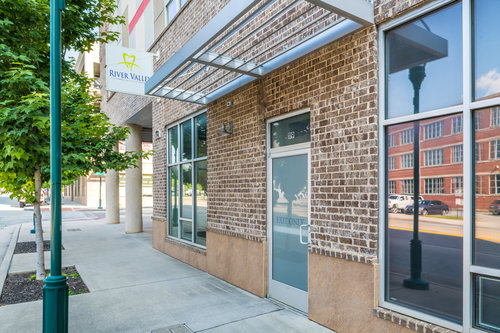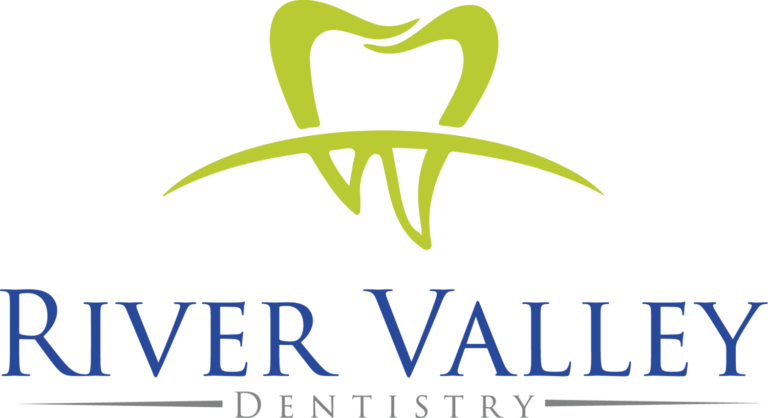Pediatric Dentistry
Helping our youngest patients grow into healthy young adults is a highlight for our team. Children undergo constant growth and development that present special challenges for an optimal outcome. And childhood tooth decay can create a lifetime of problems often avoided with an early preventive plan.
Pediatric Dentistry
Maintaining positive dental health and a great-looking smile is a process that starts early in life. Young people need to take precautions just as older people do to prevent any serious conditions.
We feature a top-notch pediatric dentistry program that helps children and parents understand how to prevent serious oral health problems and issues. Children and teens who make regular dental visits during their younger years are much more likely to maintain strong and healthy teeth throughout their life. We ensure every child feels relaxed and comfortable and excited for their next visit.
Tooth decay often begins at an early age, making young children particularly susceptible. Nearly half of 2-11-year-olds have experienced tooth decay while 32% of kids between 9 -11 years old display cavities in their permanent teeth. Major contributing factors to this public health problem include baby formula with added sugar and heavily-sugared fruit juices. Even breast milk can cause cavities in baby teeth because of the natural sugars present.

-
What are the common issues of dental health in children?
Many of a kid’s dental problems are the same ones affecting adults, but as children’s teeth are still developing, untreated dental conditions can cause poor and misaligned tooth development, leading to a more serious problem as a child grows up.
Some of the most common issues with children are:
- Tooth decay
- Bad breath
- Sensitive teeth
- Thumb-sucking
- Gum disease
- Teeth grinding
- Canker sores
- Baby teeth-loss
- Over-retained primary teeth
- Dental Anxiety
-
How should I care for my baby's teeth?
Care for baby teeth should begin as soon as the first tooth appears. We recommend that you bring your child in for an exam no later than his or her first birthday. And regular six-month checkups from then on will put kids on a similar schedule to most adults. We can monitor your child for dental problems while customizing preventive coaching to fit specific conditions.
As a parent, some early steps can help guard your child against tooth decay, even before the first dental visit:
- Your baby’s teeth should always be flushed with water or wiped down with a damp cloth after feeding, especially before they fall asleep. Milk or formula residue left in the mouth can promote decay even in the youngest patients. Untreated cavities can eventually lead to pain and infection.
- Try to wean your child off breastfeeding or bottled milk by age one year. This effort helps avoid decay and minimizes the chance of jaw growth problems from excessive sucking.
- Begin brushing as soon as the first tooth appears. Even a small piece of tooth showing can develop a cavity. Start by brushing with a soft-bristled brush and water, and ask your dentist when it’s ok to begin using a small amount of toothpaste.
- Once your child is old enough to begin brushing on his or her own, continue to monitor their brushing, going back to clean any areas they may have missed.
- Don’t give bottles of sugary drinks or milk before bedtime.
- Use a straw with sugary beverages to allow the teeth to have less contact with the liquid.
- Try to limit the overall sugary foods your child eats and drinks.
-
What is pulp therapy?
If your child starts to complain about sensitivity or constant pain, or if the tissue around a tooth is swollen and painful, they may have pulp damage. Damage to the interior living part of the tooth can occur because of trauma, decay, or other infection. The ‘pulp’ refers to the live part of the tooth.
If the pulp is damaged, it is important to retain as much of the living pulp as possible, while also treating the infection or removing any damaged sections. One way we do this is with a pulpotomy.
A pulpotomy can be performed if the pulp root is unaffected, and just the tip of the pulp is damaged. If the root is healthy we will remove all the decay and then place material over the remaining pulp to protect it. Finally, we will place a crown. By saving the pulp, your child has a greater chance of producing a healthy adult tooth.
A pulpectomy is performed if the damage has extended into the tooth root, we will need to remove all of the living material and fill the space — just like an adult root canal. We will place a crown to help with spacing when the adult tooth is ready to come in.
Comprehensive Dental Care
We provide a full array of dental services to suit the needs of individuals and families. Learn more about our services, schedule an appointment, or contact us today.




